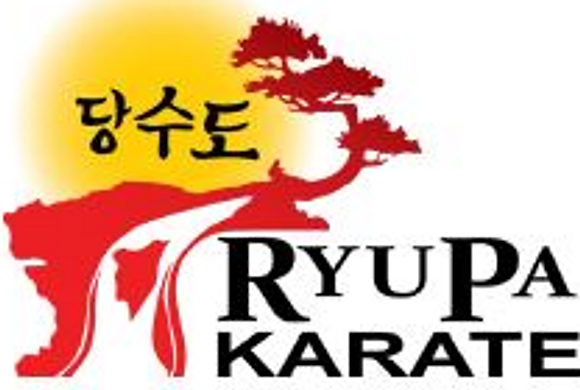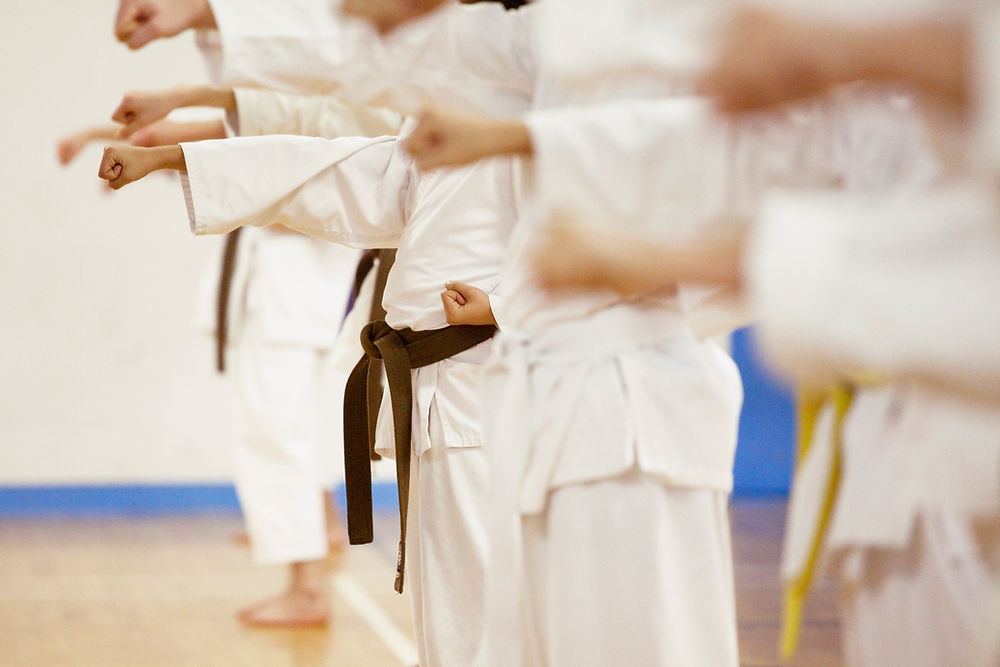Stay tuned to email and the app (app code QQDQJX) for any updates due to the weather.
Visit the "Fees" page has information on our new Venmo payments.

About Tang Soo Do
Tang Soo Do, although a relative modern martial art (20th century), has its foundation in ancient styles from Korea (Tae Kyun and Soo Bahk Ki), China and Okinawa. Thus, the elaborate Korean kicks and the Okinawan hardness combine with the Chinese fluidity to give Tang Soo Do its unique and superior qualities. Tang Soo Do is literally translated as “the Way of the Chinese Hand” and its written symbol means to stop the attack, that is, it should be used defensively and is peace oriented. Further, Tang Soo Do embraces the harmony of mind, body and spirit. Although, Tang Soo Do, with its tremendous combative martial arts applications can be adapted for competition, it is not a sport; rather it is a way of life. We pay homage to Great Grand Master Hwang Kee (the Father of Tang Soo Do Moo Duk Kwan) for preserving to keep Tang Soo Do a separate martial art with its unique properties. The three major emphasized areas of improvement are:
1. Self-defense — Tang Soo Do is designed to effectively defend one’s self against great odds and overcoming stronger opponents.
2. Self-Improvement — With its primary focus on the development of one’s physical, mental and spiritual well-being, Tang Soo Do helps create a person free from inner conflict with the confidence and skills to function as a leader in today’s world with integrity in an intelligent and virtuous manner.
3. Self-Esteem — Tang Soo Do develops the key attributes of self-esteem, that being confidence, respect and discipline.
Loading days...
1 hr
Loading days...
1 hr


